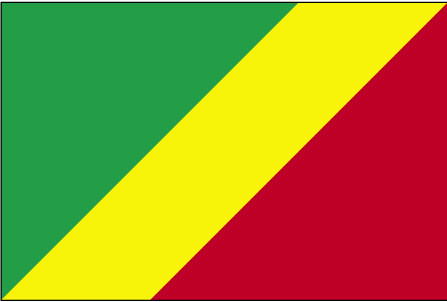Singapore United States United Kingdom Brazil France Germany Canada India Australia Poland Italy Russia Philippines Spain Netherlands Czech Republic Japan Mexico Belgium Indonesia Malaysia Thailand Sweden Ireland Taiwan South Korea Portugal Switzerland Hungary Pakistan Finland Austria Turkey New Zealand Romania Norway South Africa Bulgaria Argentina Vietnam Hong Kong Lithuania Israel Denmark Ukraine Greece Colombia Egypt Saudi Arabia Slovakia Slovenia Sri Lanka Serbia China Chile Croatia Algeria United Arab Emirates Peru Venezuela Ecuador Morocco Bangladesh Latvia Malta Estonia Kenya Georgia Nepal Jordan Costa Rica Nigeria Iraq Trinidad and Tobago Puerto Rico Tunisia Angola Belarus Albania Dominican Republic North Macedonia Azerbaijan Mauritius Luxembourg Armenia Jamaica Mozambique Kuwait Bosnia and Herzegovina Iceland Guatemala Bolivia Uruguay Lebanon Kazakhstan Iran Ghana Uganda Moldova Cyprus Qatar Senegal Guadeloupe Bahrain Maldives Syria Cambodia Rwanda Mongolia Paraguay El Salvador Palestinian Territory Kyrgyzstan Bahamas Zimbabwe Reunion Barbados Suriname Oman Montenegro French Guiana Honduras Namibia Zambia New Caledonia Curacao Afghanistan French Polynesia Botswana Myanmar Libya Madagascar Cote D'Ivoire Sudan Democratic Republic of the Congo Grenada Papua New Guinea Cuba Ethiopia Panama Liechtenstein Saint Vincent and the Grenadines Guam Macao Brunei Darussalam Seychelles Saint Lucia Turks and Caicos Islands Aruba Tanzania Benin Saint Pierre and Miquelon Cameroon Mali Gabon Guyana Uzbekistan Andorra Gambia Sao Tome and Principe Burkina Faso Marshall Islands Equatorial Guinea Sierra Leone Nicaragua Fiji Bermuda Micronesia Dominica Northern Mariana Islands Yemen Cayman Islands Samoa Gibraltar Belize American Samoa Faroe Islands Guernsey Republic of the Congo Flag Meaning & Details NO VISITORS FROM HERE YET! Republic of the Congo Flag Flag Information divided diagonally from the lower hoist side by a yellow band the upper triangle (hoist side) is green and the lower triangle is red green symbolizes agriculture and forests, yellow the friendship and nobility of the people, red is unexplained but has been associated with the struggle for independence note: uses the popular Pan-African colors of Ethiopia
CIA - The World Factbook

